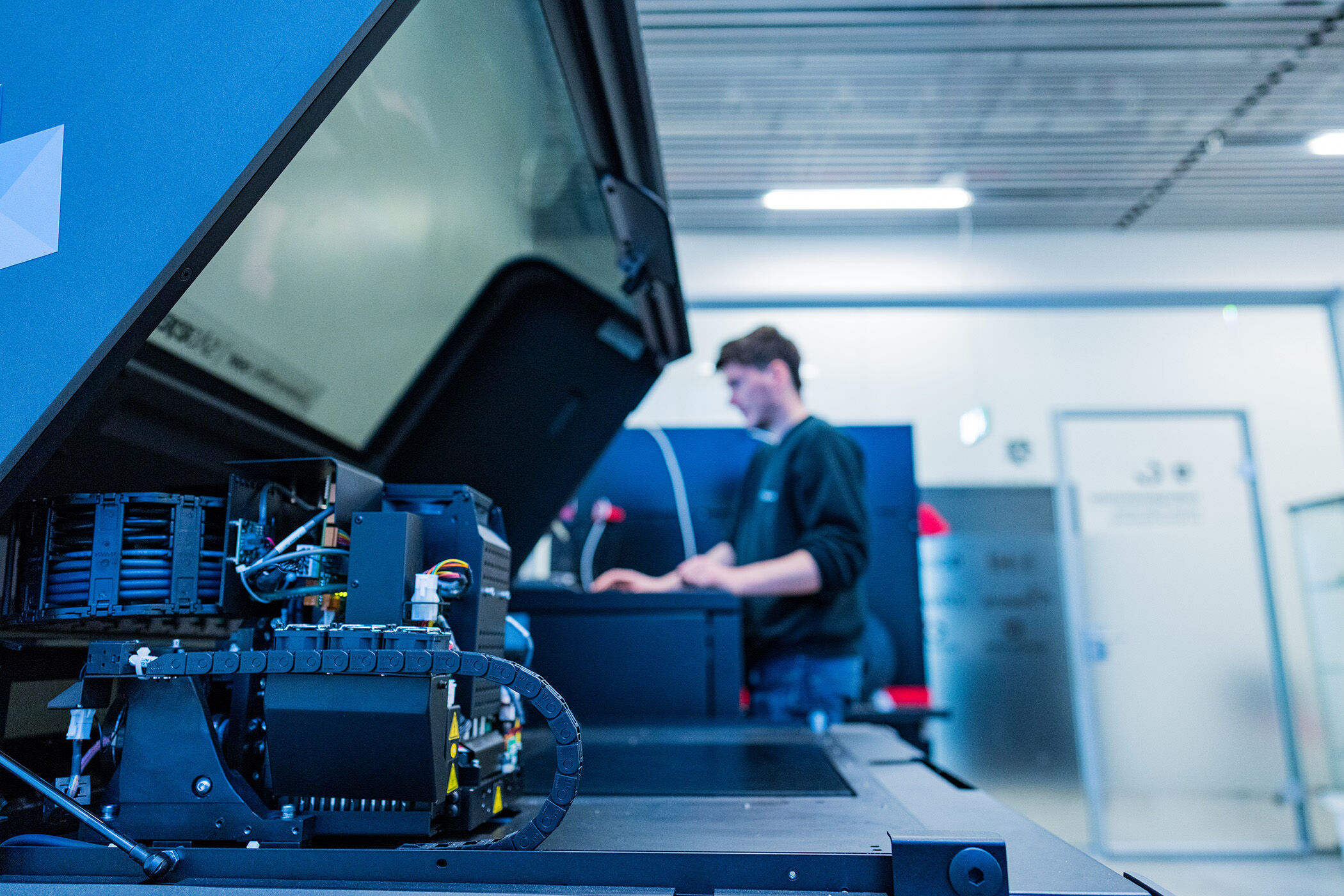M.Sc. in Digital Health
The Digital MSc program is a two-year graduate program comprising 120 ECTS. You can customize your studies by selecting either the research or course-based route.
Students who choose the research-based route will complete one year of coursework and a year-long thesis. Alternatively, those who opt for the course-based route will attend classes for the first year and a half before undertaking a one-semester thesis. The program is closely linked to research conducted at Reykjavik University's School of Computer Science and Engineering through research-based courses and advanced research projects.
The Digital Health programme is designed to equip students with the skills to succeed in the industry, particularly in digital health or further academic study. By pursuing this degree, you are positioning yourself to capitalize on the vast array of career options available in this dynamic and rapidly expanding field.
Overview
Level: Graduate
Credits: 120 ECTS
Language of instruction: English
Duration: Two years, full-time.
Start date: August
Program leader: Dr. Anna Sigríður Islind
The MSc in Digital Health is an excellent option for students interested
in the intersection of healthcare and technology who want to create a
meaningful impact. The program emphasizes practical skills and
real-world applications, which provide students with the knowledge and
experience needed to excel in this exciting and rapidly evolving field.
In
Iceland, the MSc in Digital Health is critical in educating future
experts and leaders in digital health technology. The program aims to
equip them with the skills to revolutionize the healthcare system
through innovative digital and data-driven approaches. There are many
healthcare technology opportunities, and this program is perfect for
those passionate about exploring these possibilities.
The program provides a comprehensive curriculum that includes both theoretical and practical courses. It is available in English and offers small class sizes, fostering close interaction between students and faculty. Students can tailor the program to their interests and participate in cutting-edge research with one of the many research centers within the university. The program is a part of two research centers, the center for Information systems and Data Science research (CISDAS) and Institute of Biomedical and Neural Engineering.
Highlights
- Small class sizes and close interaction between students and faculty
- Programs can be tailored to student's interests
- Courses range from practical to theoretical
- Students can work on cutting-edge research with one of the many research centers
This new master's program is an important step in educating future experts in Iceland, who are leaders in designing and developing digital health technology and with expertise in using data from the health system for good. The opportunities for technologies in the healthcare system are truly there. For example, there are all sorts of processes that could be improved with technological innovations, and this master's program is exactly for individuals who are passionate about improving the healthcare system through an innovative digital and data-driven revolution.
Anna Sigríður Islind, Associate Professor
at the Department of Computer Science at Reykjavik University
Structure
The Master's program in Digital Health typically takes two years to complete and offers two different options for study: course-based or research-based.
The first two terms of the program consist of courses. Depending on whether a student chooses to complete a 60 ECTS thesis, the third term will either be devoted to that project or will include additional courses and an internship in industry or the healthcare sector. The fourth term is dedicated to the final project for all students.
Course-based track
| MSc Digital Health, course-based track | |
|---|---|
Year 1, Fall
Year 1, Spring
| Year 2, Fall
|
Research-based track
| MSc Digital Health, research-based track | |
|---|---|
Year 1, Fall
Year 1, Spring
| Year 2, Fall
Year 2, Spring
|
Admission
Applicants who
wish to be accepted into the program must possess a Bachelor's degree
(B.Sc., B.A. or an equivalent) in a health-related or technical field.
Our committee, composed of Anna Sigríður Islind and Paolo Gargiulo, will
review each application and evaluate the degree's relevance to the
program. Previous experience in healthcare or industrial sectors will
also be considered.
The application package should include a
CV/resume, official university transcripts, a letter of motivation, and
two academic references. Non-native English speakers must provide
English proficiency scores. However, in some cases, this requirement may
be waived (see below). Applicants are only invited to an interview
after they have sent all the necessary documents.
Supporting documents
- CV/resume.
- Official university transcript/s, including educational career and academic results.
- Letter of motivation (approx. 300 words) that includes reasoning for pursuing graduate work and academic goals.
- Two academic references. You should select two referees who can provide an informed view of your academic or professional ability and suitability for your chosen program of study. The letters of recommendation should be sent directly to td@ru.is
English language test score certificate (non-native speakers only)
You should upload a scanned copy of the original English language test certificate. If you do not have test results when applying, you should submit your application without these scores and send them to us separately once available.
Language test waiver
The requirement to provide English proficiency scores may be waived, in cases where you have successfully completed or are currently completing, a full-time degree-level course of a minimum of nine months at a recognized institution where the medium of instruction and assessment is entirely in English. If you wish to apply for a waiver of the English language test requirement, you will need to upload a letter with your application outlining the reasons why you should be exempted.
Apply
Contact us
If you have any questions or want more information about studies at the School of Computer Science at Reykjavik University, please contact: td@ru.is


